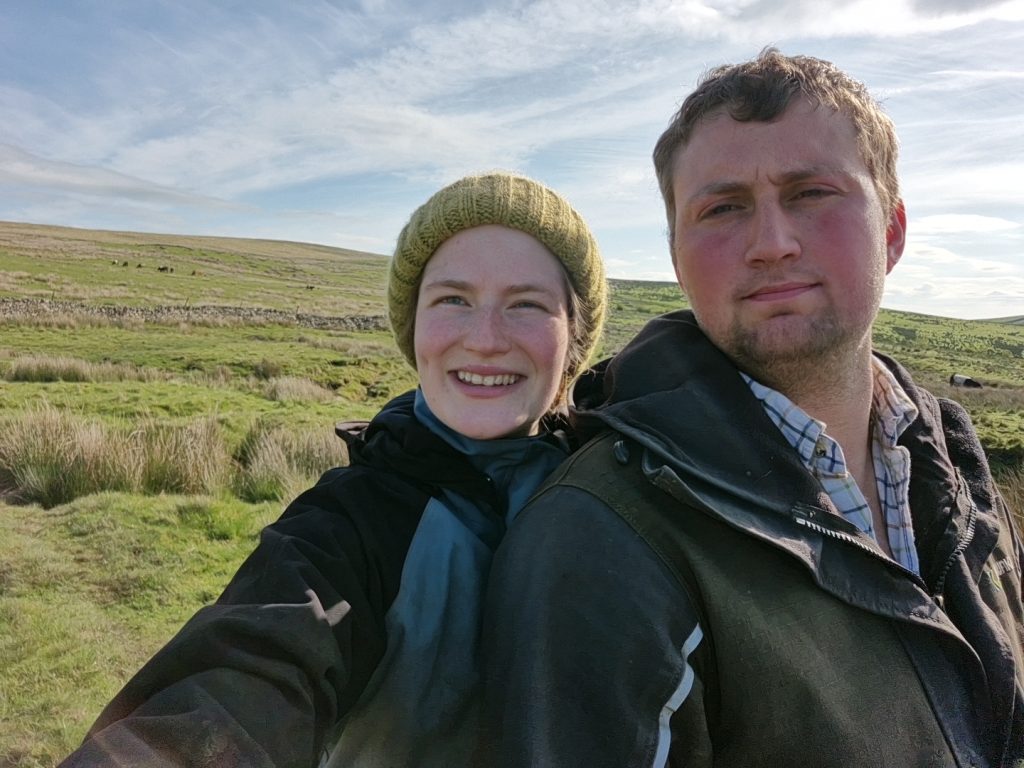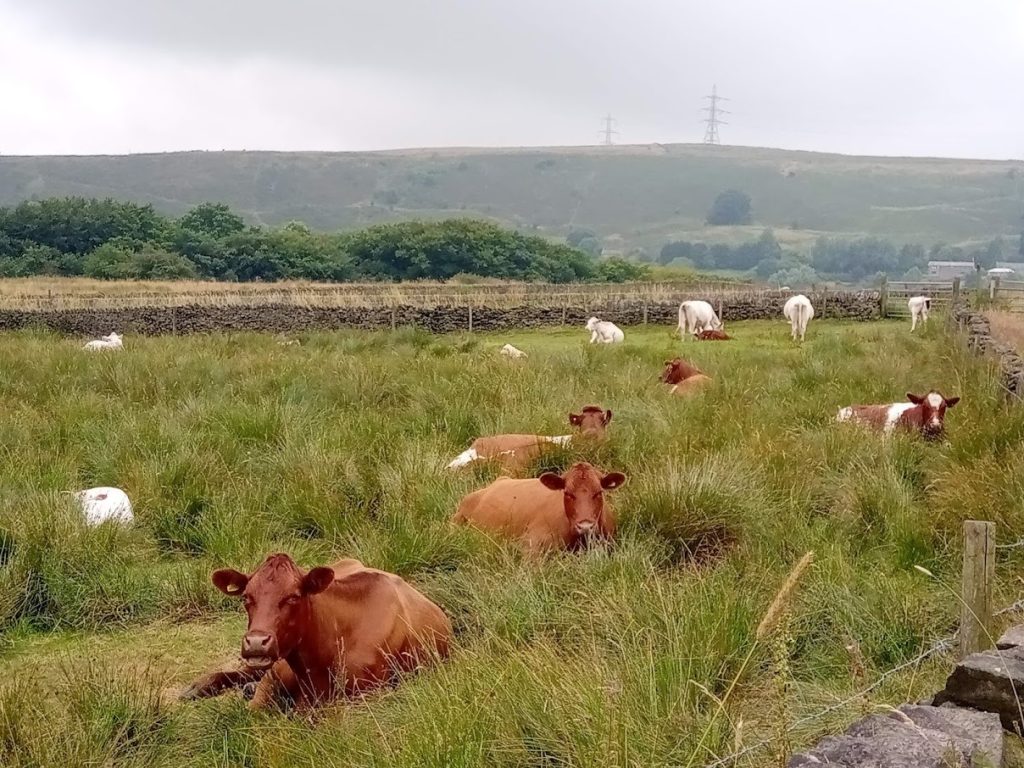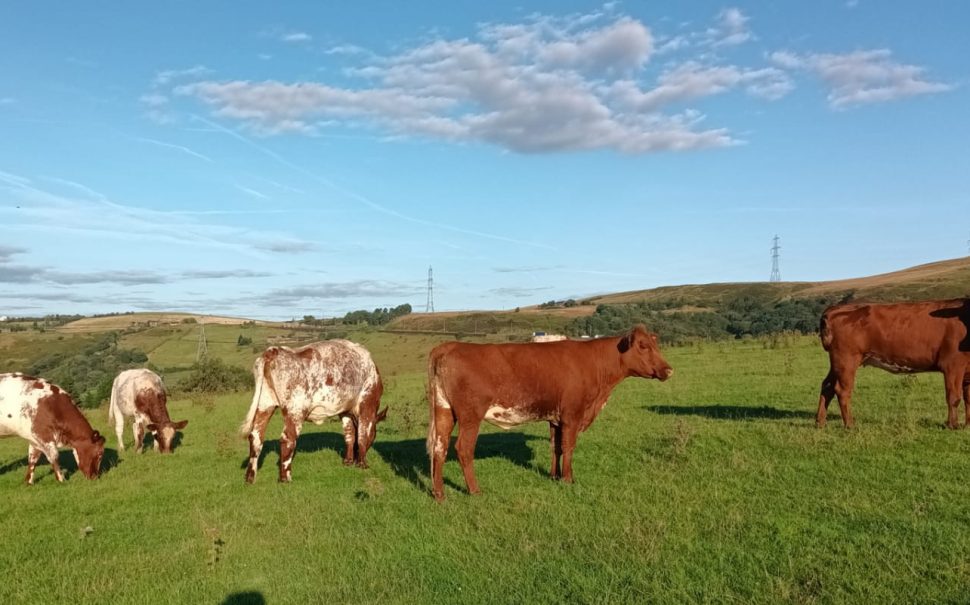Farmers in the north-west say they are fearful of Labour’s changes to the family farm tax and claim Government data is “complete nonsense”.
Greater Manchester and Lancashire’s farmers have raised numerous issues with the Government’s autumn budget inheritance tax changes – despite assurances only 27% of estates will be affected.
From April 2026, farmers will be taxed 20% inheritance tax on assets over one million pounds while non-farmers already pay 40%.
Farmers can pay this amount over ten years and two people jointly owning a farm raises the tax threshold to three million pounds.
Agricultural property relief (APR) historically allowed farming estates to be exempt from inheritance tax.
This change to APR has raised an uproar amongst farmers, with thousands protesting at Westminster alongside the National Farmers Union (NFU) on November 19.
🚨 NEW: The Met Police say there are more than 10,000 farmers protesting in Westminster right now – with more arriving pic.twitter.com/AZmpv6UkGj
— Politics UK (@PolitlcsUK) November 19, 2024
Many farmers in the north-west joined this protest, supporting the NFU calling to “halt the current budget madness, to carry out an urgent and full review of the correct data and draw better conclusions”.
Labour maintains only 500 of the “wealthier estates and the most valuable farms” will be affected with “smaller farms not affected by the changes”.
Asset rich but profit poor
Although estates may be worth over one million pounds, Manchester farmers argue this is tied up in assets that cannot be profited off.
“On paper we are probably worth a lot of money but we can’t just cash it in as once we cash it in we can’t do our job,” sixth generation farmer John Collins said.
“It’s not as if there are assets we can get rid of to make money from.”
Collins, who owns an 88 acre farm in Saddleworth, said: “The tax made me think I might as well sell the farm off.
“But this is where I live and farming is my life. How do you deal with that as a person?”
Similarly, chair of NFU’s Saddleworth branch Robert Hall said the tax stopped his desire to invest and further his business.
Hall, who owns a farm that has been within his family for 40 years, said he now wonders: “What am I doing this for? Why am I out in the freezing cold feeding cows?”
Tenant farmers are not immune to this – with Eden Hill from Lancashire Lamb Boxes saying her landlord may increase her rent or sell parts of the farm, thus making her business less viable.
“I earn less than minimum wage. It would take us 15 years to pay the inheritance tax bill from our rent,” Hill said.
It took Hill, who grazes her animals on 2000 acres of land, two years to find a farm tenancy and she said “it will only get worse now” as landlords faced with inheritance tax end tenancies to find better investments elsewhere.
Farmers say competing with supermarket prices, struggling through weather changes and flooding, and dealing with an ongoing cost of living crisis has left them feeling “cornered”.

Right idea, wrong target
Farmers in the north-west maintain they do not oppose taxation, only the data the changes rely on.
Labour’s aim is to stop wealthy landowners from buying up tax-free land, therefore protecting the new generation of farmers and spending more on “sustainable food production, rural economic growth and nature recovery”.
According to Government data, only one quarter of estates claiming APR will be affected by inheritance tax changes.
However, the NFU estimates 70,000 farms will be affected, which is 75% of commercial family farms.
Farmers argue Government data is not based on actual working farms and includes people who aren’t actively farming, therefore conflating the data.
Collins argues farmers should be “judged on an active farmer basis as it’s very easy to prove if you’re an active farmer.
“For example, I’m here on a digger moving s***,” Collins said.
The Liberal Democrats recently called for the Government to exempt working farms from inheritance tax changes.
Farmers like Hall understand what the Government is trying to achieve, but believe they are targeting the wrong people.
Hall said: “Rich people are buying up farms worth five to ten million and the average farmer is not in that bracket.
“The Government has other tools in their armoury to single out these big investors trying to hide money rather than putting a ridiculous threshold in place.”
Chancellor Rachel Reeves and Secretary of State for Environment, Food and Rural Affairs Steeve Reed said in a joint statement that the 22 billion pound fiscal hole inherited by the Government has resulted in difficult decisions.
However, Hall argues: “Farmers haven’t caused this 22 billion pound black hole.
“Farmers don’t have a great standard of living – we work seven days a week, at all hours, in all weather, 365 days a year.
“Why is the government singling out farmers who just work hard?”

Lobbying Government
The profits from inheritance tax bills are estimated to raise 560 million pounds – a long way from closing the 22 billion pound black hole.
The BBC reported some ministers arguing the chancellor risks alienating farmers whilst raising a relatively small amount of money.
Many farmers in the north-west travelled down to London last month to lobby the Government on this issue.
Collins does not think speaking to his MP made any difference, accusing Labour of being “bloody clueless”.
“We are just praying for the Government to see sense”, said Hall who also travelled to London on November 19.
Hill similarly protested in London, saying she “will always support anything asking for fairness for farmers”.
Other farmers have threatened direct action such as striking to empty supermarket shelves, although this is not backed by the NFU.
Hall does not intend to carry out direct action, but said: “Farmers will definitely take up this approach as it’s their livelihoods and very existence at stake.
“If you can’t fight for that, what can you fight for?”
Feature image: Robert Hall.




